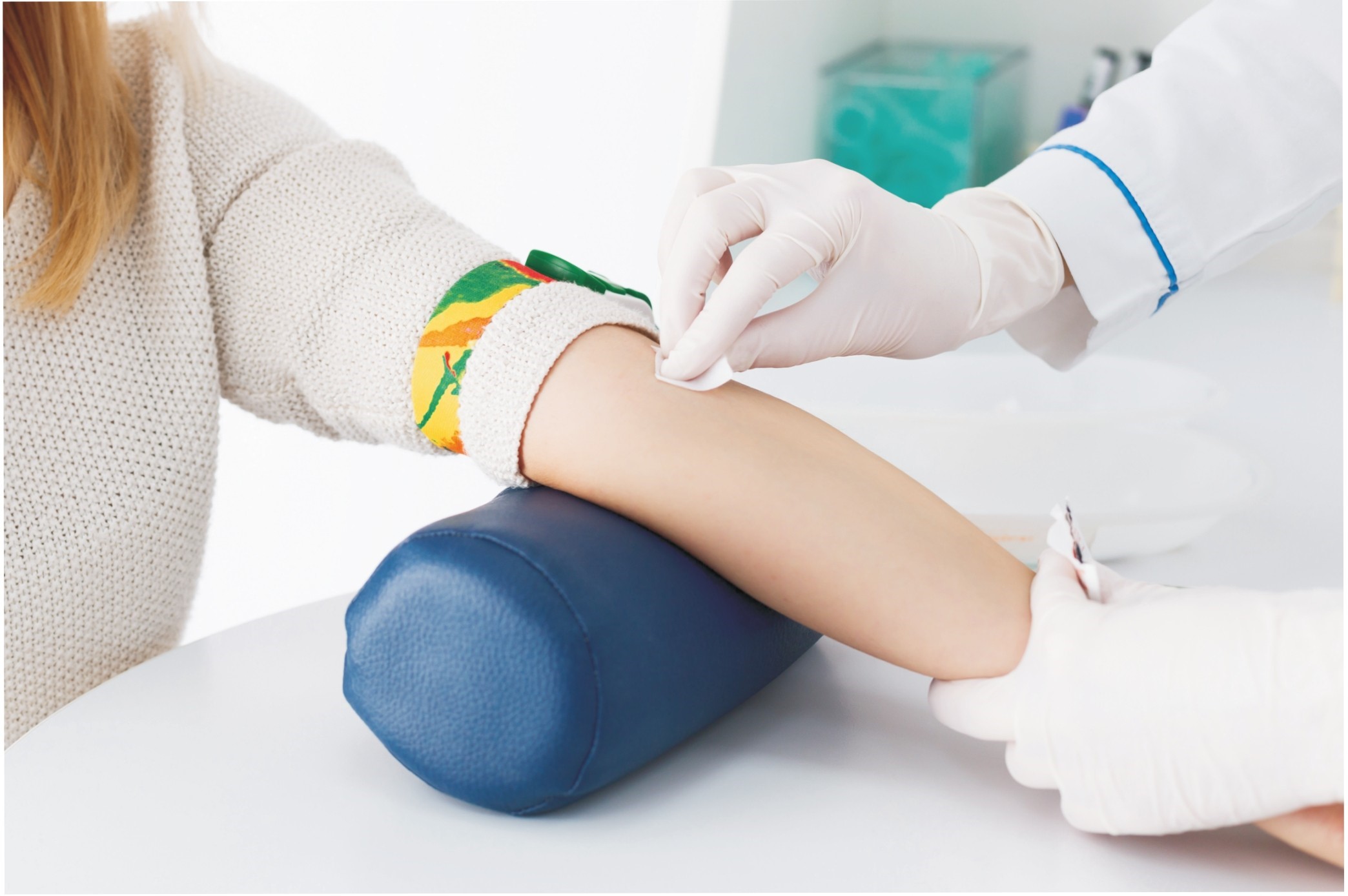Preparing for the ‘D’ day
Before taking an appointment, it is important to be mentally prepared and keep the following points in mind
-
File all your medications and previous doctors’ visits as per the dates and not the hospital/ clinic you visited.
-
Make sure you have someone to accompany you during your visit, especially if it is your first.
-
Prepare a questionnaire about what you want to ask your doctor.
-
Be patient; every visit will take some of your time, depending on your questions. Also at times you may have to wait for your turn as there may be other patients. In addition the doctor will call you for a follow-up, so do make time for the upcoming appointments.
-
Do not miss your appointments, if the reasons are unavoidable do inform in advance or few hours before the appointment to avoid wasting the physician’s time.
-
Be honest with your doctor as this will aid them in understanding your condition better.
Scheduling an appointment
Always make sure that you are on time. Taking prior appointments aids the doctor in charting out their schedule. It also ensures that you get quality time with your doctor as they get to review your previous report and are ready for the consultation. Coming for a visit on the spur of the moment may require waiting for longer duration. However depending on the medical condition, he/she may be accommodated on the same day or may have to return to visit the next day with appointment.
Consultation
When you go for your consultation it is very important to be self-motivated and co-operative. Having an open mind and being flexible to the suggestions given by the doctor go a long way. Being rigid and judgmental does not help. Moreover, being forced by relatives and friends only delays your quality time with the doctor. It also creates an atmosphere of uneasiness as the doctor may not be able to communicate with you effectively. A conversation is only fruitful when both ends contribute making it a pleasant experience.
Diabetes-related visit
Discuss with your doctor openly regarding health issues as it helps them in assessing the severity of your condition. If you have Diabetes check whether you have to come fasting, if yes – minimum 12 hours of fasting is required. Also, remember to carry your:
-
Previous medical records and prescription (as per the dates)
-
Blood glucose levels, HbA1c, serum creatinine, urine examination, lipid profile
-
Recent fasting and post meals blood sugar levels
-
Food diary (a food chart of what you have eaten the past 3-7 days)
-
Blood glucose records
-
Medications (bring the medications you are taking, if on insulin get the pen and discuss in details how many units you take in a day)
-
List of the questions and concerns that you may have
-
Always carry a snack with you to avoid hypoglycaemia
-
Ensure that you have somebody to accompany you if you are
-
Senior citizen
-
Disabled (visually impaired/require hearing aid) and
-
Have language issues
Carrying a questionnaire
Diabetes is complex and vast. All patient queries cannot be handled in one consultation. Also it is impossible for person to remember what he/she needs to knows about the disease. Therefore a ready questionnaire can give the patient the information he/she needs to know that will not only save their time but also the physician’s time.
Basic questions to get you started
-
Brief explanation on Diabetes and its types
-
Target levels for blood glucose, blood pressure, cholesterol etc.
-
Importance of lifestyle modification (healthy diet and regular exercise)
-
Symptoms of low blood glucose (hypoglycaemia)
-
Symptoms of high blood glucose (hyperglycaemia)
-
Complications and comorbidities of Diabetes
-
Medication dose and the time (before/after meals) its mechanism of action and complications, if any.
-
Importance of frequent blood glucose testing and annual check up
-
Risk to family members – if parents have Diabetes, what risk does to pose to their children?
-
Managing Diabetes if you are travelling frequently
-
Managing Diabetes in sickness.
 n
n
Drawing the line
During your session, it is possible at times to get over anxious. But it is important to remember that you needs to a draw a line when asking questions. Avoid questions
-
That will provoke an emotional response like death of partner or close relative who was helping you with Diabetes management.
-
Not pertaining to health.
-
Talking of barriers that you will face, even before medications or diet is prescribed.
-
Regarding personal/family matters (e.g. dispute between husband and wife, wife blaming the husband for not taking care of his health and husband blaming wife for not preparing healthy meals)
-
Blaming other doctors for your high blood glucose levels
 n
n
Note:
During your appointment make sure that you do not:
-
Attend phone calls, unless it’s an emergency
-
Bring children of very young age as they constantly need your time and attention, thereby hampering the flow of your consultation
Try and make the most of your appointment so that it benefits you. Keeping these simple points in mind will enable you to manage your time better as well as benefit from the consultation. Also, remember that doctors are here to help you lead a better life so be as honest as you can during your visit.












